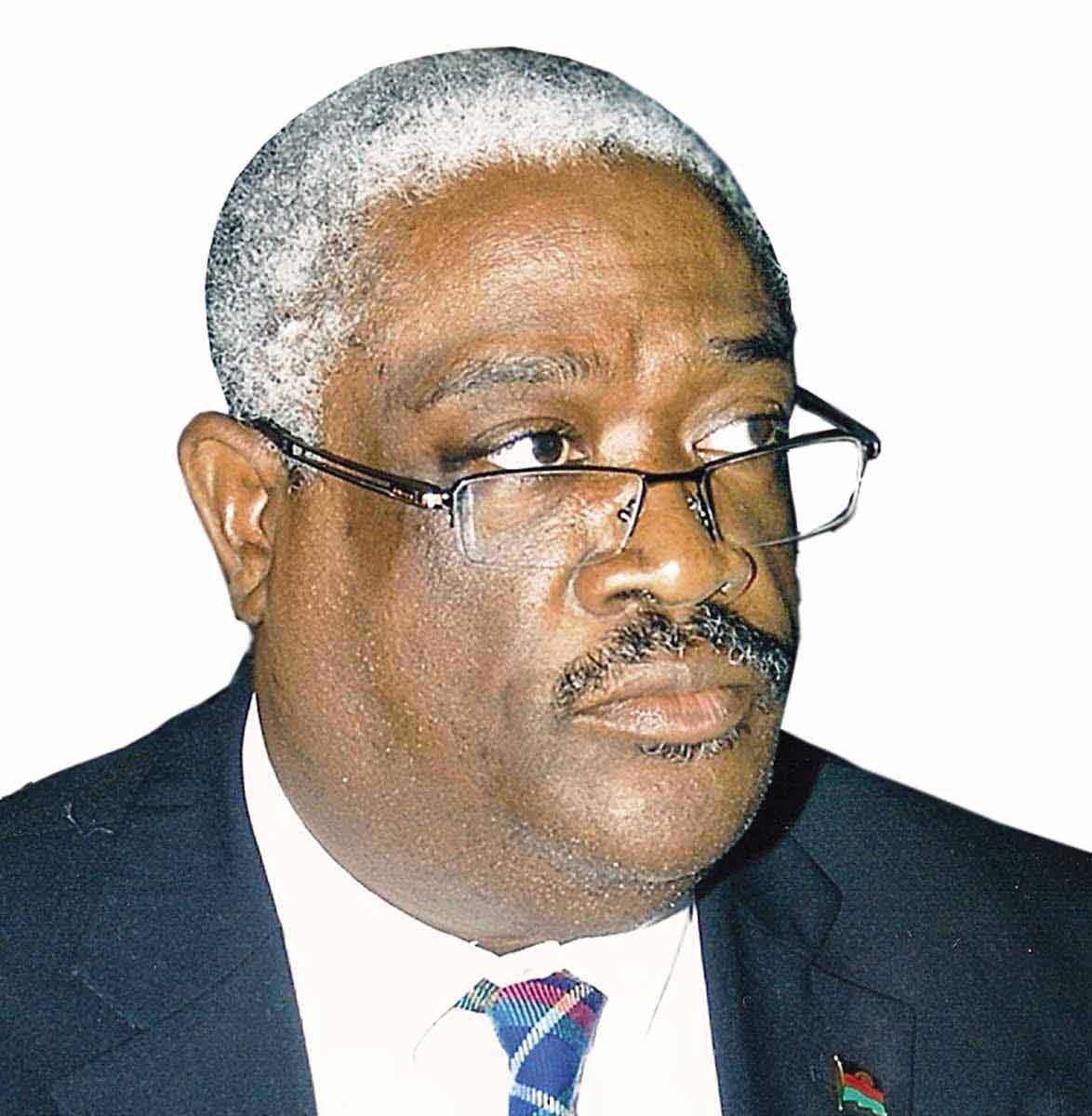
Mining & Trade News
Malawi Online News
Top Stories
Mining
Government urged to promote local participation in minerals sector
March 12, 2024 / Grain W. P. Malunga

Stakeholders in the minerals sector have urged the Malawi Government to promote local participation in the minerals sector if it is to adequately contribute to the economic development of the nation.
This comes in the wake of a Tanzanian consulting firm Azurite Management and Consultancy launching its operations in Malawi’s mineral sector at a colorful ceremony in Lilongwe, which was graced by Minister of Mining Monica Chang’anamuno.
Azurite is a technical and service provider which is focused on providing general business support to local and foreign investors in sub-Saharan Africa especially in the mineral exploration and mining sector.
The company offers a number of services to resource firms including government liaison, tenement management, procurement and logistics, compliance and permitting, exploration management and country risk assessment.
However, in separate interviews stakeholders have questioned why government is at the forefront in promoting the foreign owned firm while there are local firms that have the required qualifications and experience in offering similar services to the minerals sector when also the Mines and Minerals Act (2023) prioritizes local participation in minerals sector.
Reads Section 159 of the Act: “(3) A holder of a mining licence required to have an approved goods and services procurement plan shall give preference to procuring goods and services from supplier and contractor entities owned by Malawian citizens, including equal opportunities to entities owned by Malawian women, provided such supplier and contractor entities offer terms as to prices, quantities, qualities and delivery schedules that are at least comparable to terms offered by non-Malawian contractors and suppliers to the maximum extent practicable consistent with efficient operations.”
“(4) A holder of a mining licence required to have an approved goods and services procurement plan shall demonstrate in its goods and services procurement plan how it intends to assist Malawian suppliers and contractors, including those owned or operated by women, to build the capacity to supply a greater part of its project’s goods and services needs over time.”
“(6) A holder of a mining licence shall not be hindered from procuring goods and services from providers outside Malawi that, to the satisfaction of the Authority, are available from only specialized suppliers and contractors.”
Coordinator for Chamber of Mines and Energy who runs a professional consulting firm for the minerals sector known as Geomine Services Grain Malaunga said it is important for Malawi to promote local goods and services in the mining sector in order to maximize benefits of the sector to the local population and ensure sustainable economic growth with mining as a key enabler as stipulated in Malawi 2063.
He said: “It becomes a challenge when those goods and services are imported because they will obviously become more expensive than direct sourcing.”
“I encourage exploration and mining companies to engage local expertise in technical work. Local labour is cheap and capacity building will be enhanced.”
Coordinator for Natural Resources Justice Network Kennedy Rashid agreed with Malunga on the need for mining companies to prioritise locals wherever the capacity is available as stipulated in the Act.
Rashid said: “The engagement with local communities in other aspects across the supply chain where there is need is very important as it ensures that there is redistribution of benefits directly into the local economy.”
“What is required is for companies to also share their operational needs with local communities for the later to be aware of what is expected from them to participate directly in the sector.”
As part of its procurement and logistics package, Azurite supplies drilling consumables and safety gears and offer transportation logistics and car hire services.
Local Suppliers of similar services have also questioned the Malawi Government on why it is promoting a foreign firm to offer these services to the minerals sector while they are toiling to have business.
“The Tanzanian market is very difficult to penetrate. They have even made it harder for us to export our coal from the northern coalfields. I wonder why the Malawi Government is promoting a company from that country to come to Malawi and dominate in offering all services that are already being offered by locals,” said a supplier of mining equipment who opted for anonymity.
MD for Tamara Safety Products and Hardware Lloyd Phiri in a separate interview also urged Government to promote local suppliers to serve the minerals sector.
He said his shop is fully stocked to the extent that his Company can supply any personal protective gear to the sector.
”You have seen for yourself that in our shop there is everything in terms of protective gear. If Government can help us get deals with mining companies so much the better,” said Phiri.
But First Principal Secretary in the Ministry of Mining Joseph Mkandawire backed the coming in of the Tanzanian firm saying it will help the country explore its minerals with ease.
In an interview, Mkandawire expressed hope that the company will be able to bring into the country mining equipment which currently the country lacks.
He said: “We will benefit greatly from this firm not only from their technical expertise but equipment as well. They have equipment which can help extract minerals from 500 metres underground,” said Mkandwire.
During the launch of Azurite operations in Malawi, Minister of Mining Monica Chang’anumuno bemoaned the mining sectors minimal contribution to gross domestic product (GDP) which stands at one percent saying the sector has great potential but is not contributing much to the economy.
“We need to do more in order for investors to come into the sector to ensure growth,” she said.































